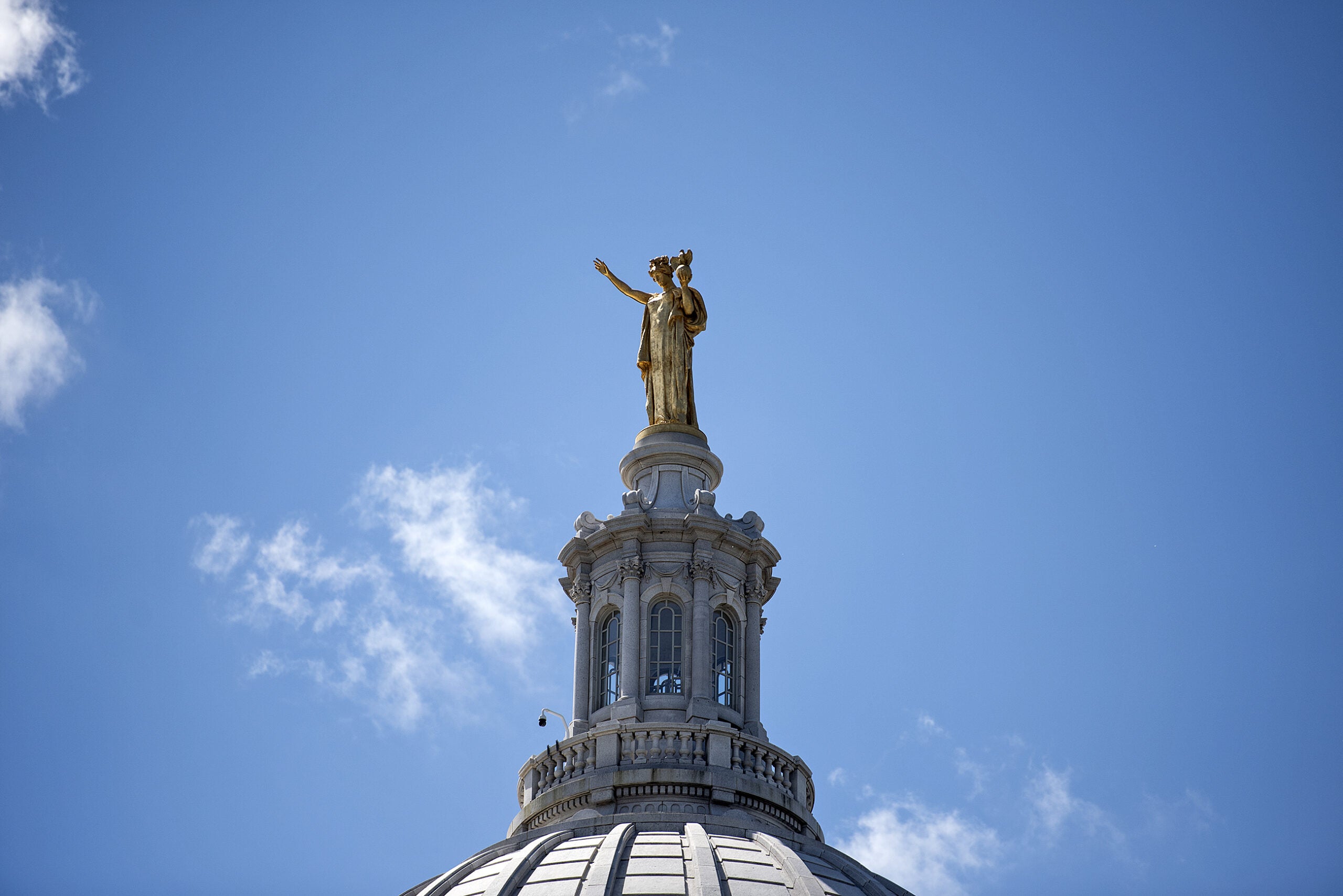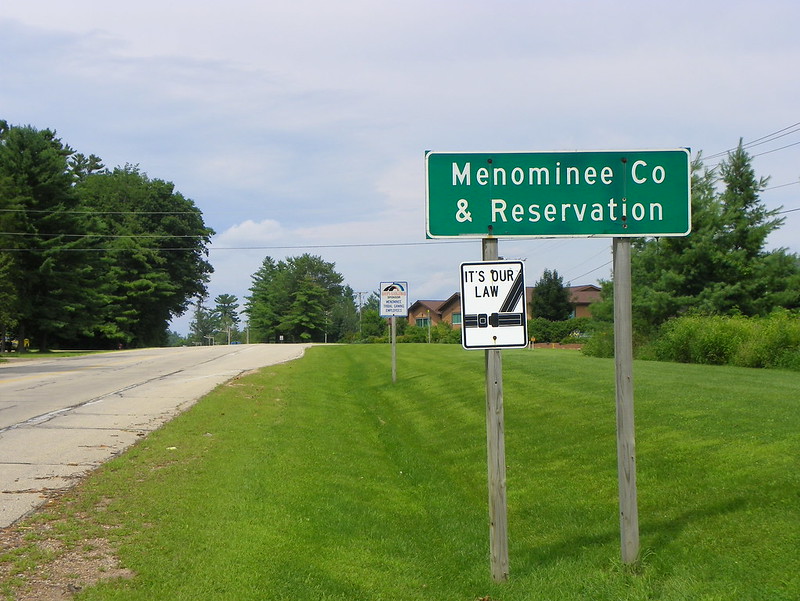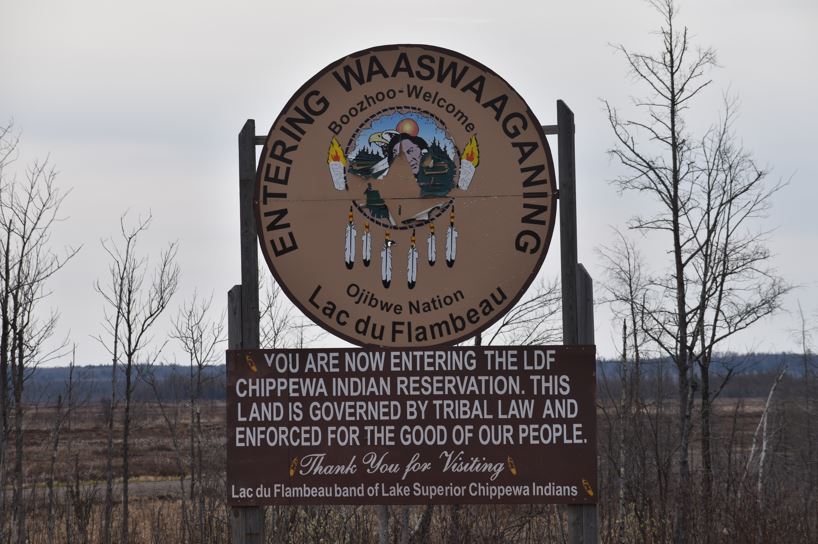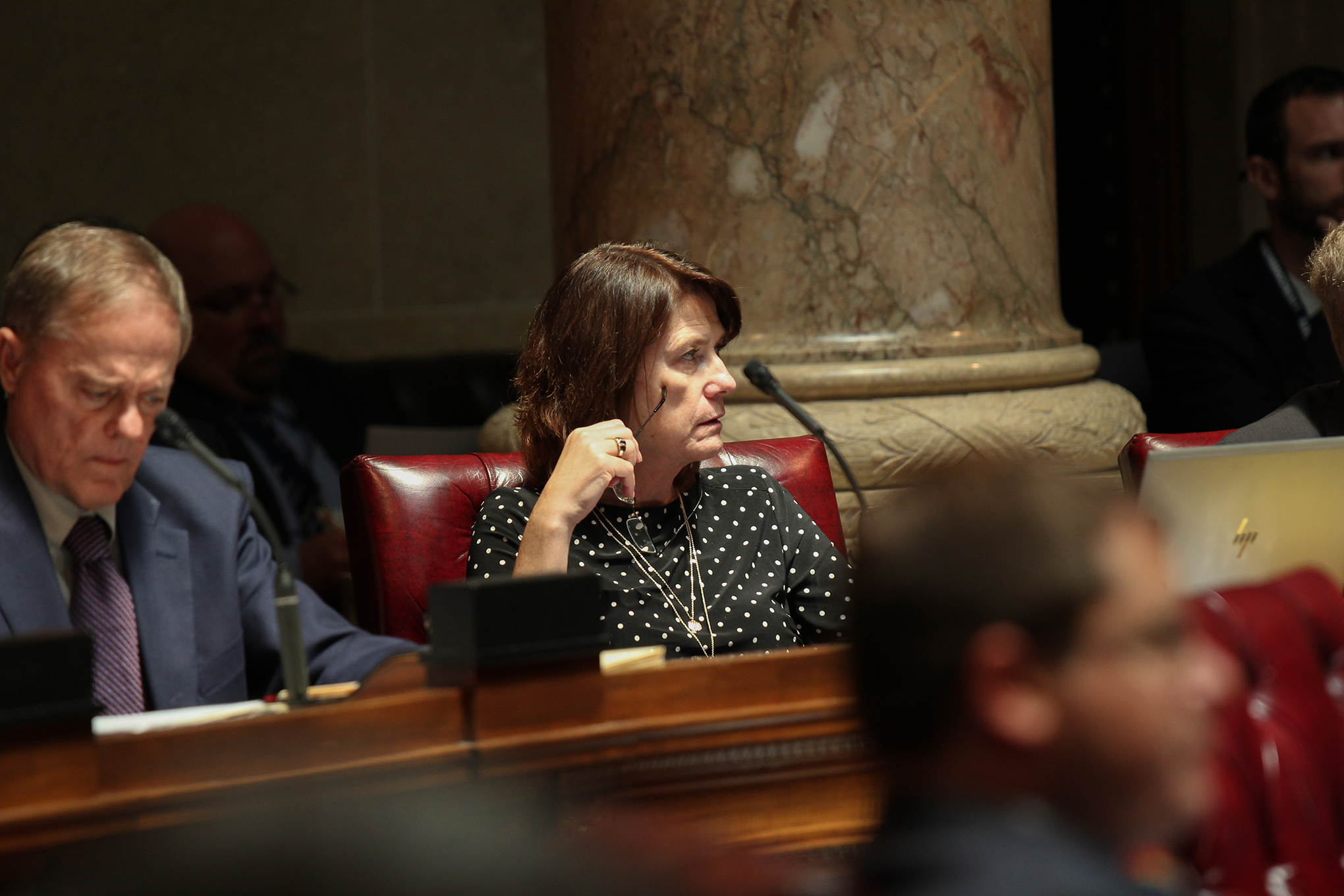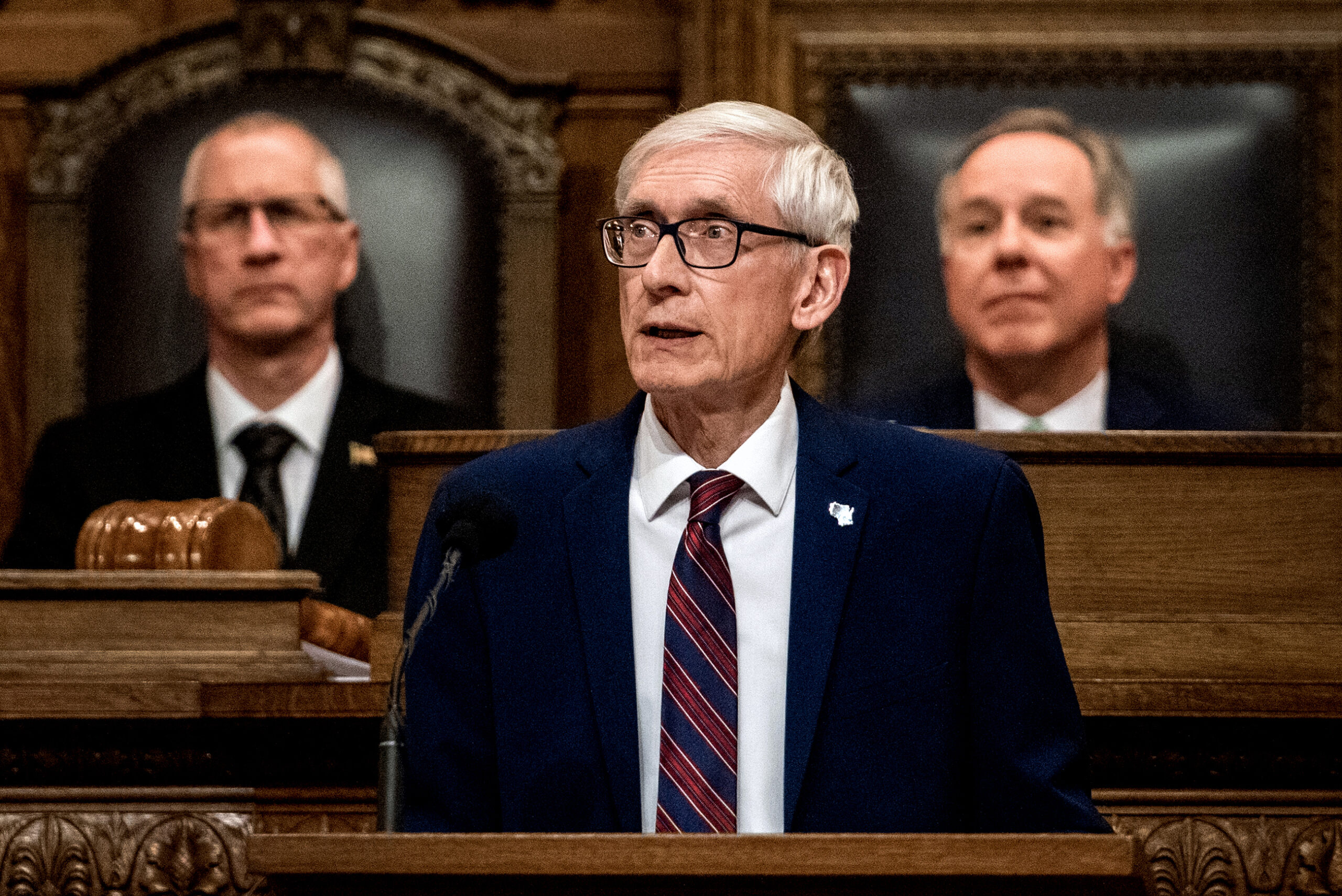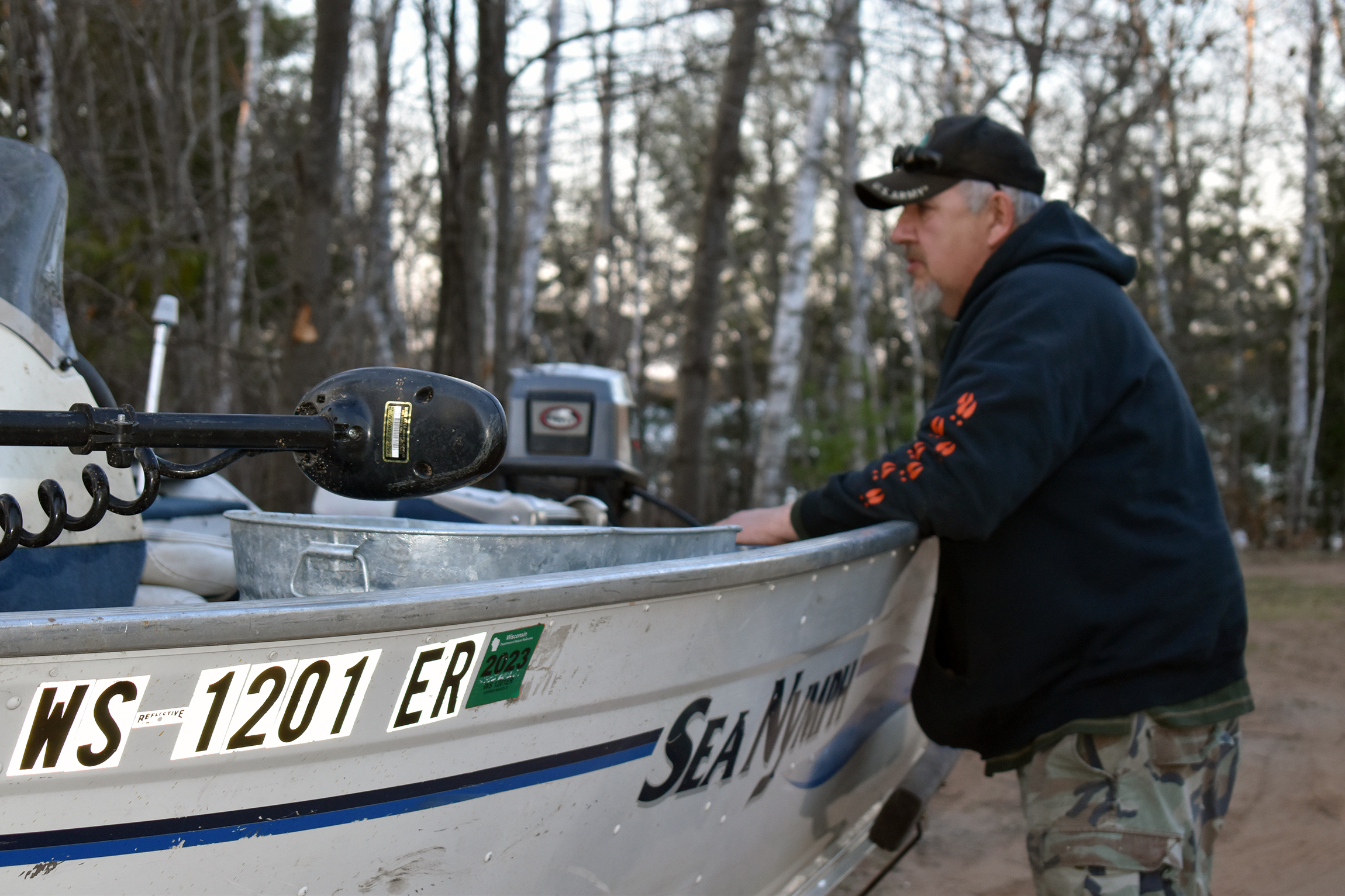Republican state lawmakers want to set aside $3.6 million to reimburse northern Wisconsin counties for lost revenue following a court ruling banning taxation of tribal properties within reservation lands.
The money would come from tribal gaming revenues and would be paid to Ashland, Bayfield, Iron, Sawyer and Vilas counties to offset the loss of property tax revenues that followed an August 2022 federal appeals court ruling. In that decision, the court found Wisconsin cannot levy property taxes on reservation lands for four northern Wisconsin tribes, regardless of whether those properties were previously sold to non-tribal members.
The ruling stemmed from a 2018 lawsuit brought by the Red Cliff, Bad River, Lac du Flambeau and Lac Courte Oreilles tribes arguing Wisconsin’s 1854 Treaty with the Chippewa gave them immunity from state taxation for all time. The decision was a win for tribal sovereignty but meant counties would not be reimbursed for an estimated $3.6 million in lost revenue.
News with a little more humanity
WPR’s “Wisconsin Today” newsletter keeps you connected to the state you love without feeling overwhelmed. No paywall. No agenda. No corporate filter.
The Ashland County Town of Sanborn, which lies entirely within the Bad River reservation, was uniquely impacted by the court decision. Around 85 percent of the taxable property in the town must now be removed from tax rolls. As a result, the remaining 15 percent of property owners had to make up the difference, with Sanborn’s tax rate doubling between 2021 and 2022.
Last week, the Legislature’s GOP led Joint Finance Committee approved a motion to set aside $3.6 million from gaming revenues to create a fund the counties can pull from through July 1, 2025. Those requests will be subject to JFC approval.
During a presentation to the Ashland County Board Tuesday, State Sen. Romaine Quinn, R-Cameron, said he and other northern Wisconsin legislators have been trying to find a solution “that recognizes that those people today holding the bag after all of this, frankly, did not cause this.”
“And they should not be bearing the full brunt of the changes that we’ve seen,” Quinn said.
Quinn told the board there is a caveat. The motion also limits the Town of Sanborn’s ability to raise property taxes, borrow money or charge the county or school districts for tax refunds it issues to tribal residents.
“And I would argue we need the verbage for the town of Sanborn, for your taxpayers as well, to create some kind of continuity so they know that they can afford to stay in their homes in the long run until we can figure out another solution,” Quinn said.
Town of Sanborn Chairman Luis Salas was not immediately available for comment on the Joint Finance Committee motion.
Quinn said he and colleagues “burnt quite a bit of political capital” getting the committee motion into the state budget.
“It’s very hard to convince people in Madison to care about anything north of Highway 8, let alone particular tax issues that they know nothing about,” Quinn said. “So, I’m pretty excited that we’re at where we’re at today.”
Even before the federal court ruling, some tribal property owners in Sanborn stopped paying property taxes in protest between 2015 and 2022. Ashland County Administrator Dan Grady told Wisconsin Public Radio the county was in a “serious cash crisis” as a result and the state aid will help.
“It’s going to replenish our general fund, which had fallen dangerously low over the years because we continue to have to make the municipalities and the school districts whole,” Grady said.
Moving forward, Grady said, additional lost revenues from tribal property owners will be spread across the county’s entire tax base.
Quinn told the board state lawmakers have to find a way to require tribal property owners within towns like Sanborn to pay for town and county services.
“You should have some kind of skin in the game,” Quinn said. “I don’t know what that looks like yet.”
Wisconsin Public Radio, © Copyright 2026, Board of Regents of the University of Wisconsin System and Wisconsin Educational Communications Board.
